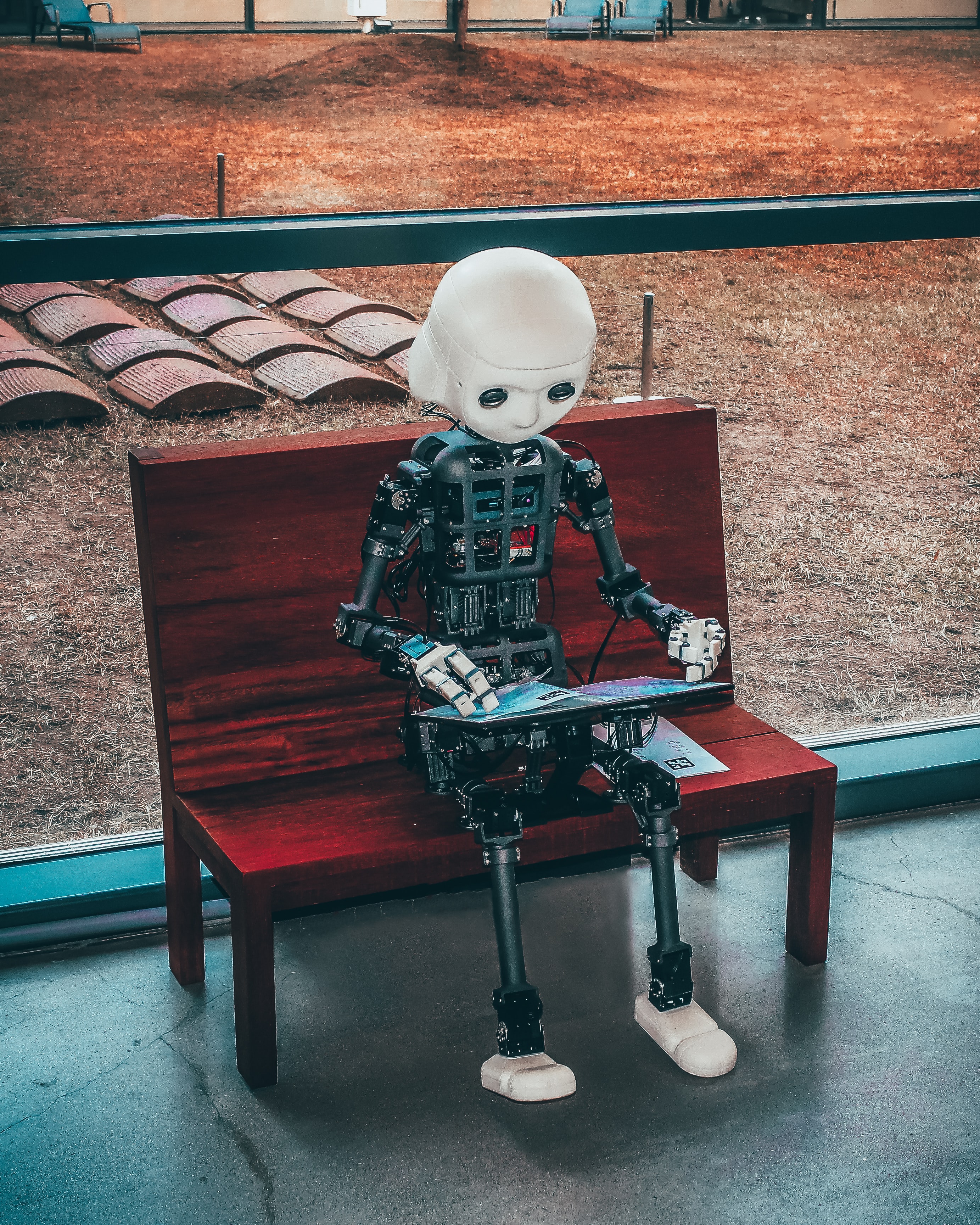Can chatbots replace human therapists?
Medical Pharmaceutical Translations • Jan 24, 2022 12:00:00 AM

The pandemic has caused a dramatic rise in the use of online therapy. This includes some therapy apps that don’t use actual human therapists at all.
At first, chatbot therapy may seem unlikely to be very effective. After all, as intelligent as AI can become, it will probably never understand the complex subtleties of language, let alone human emotions and mental health. And yet, therapy with a chatbot may have some benefits.
One of the most obvious advantages to chatbot therapy is the fact that, unlike a human being, a ‘bot doesn’t need to sleep or worry about its own personal life; it’s available to “listen” and “talk” to patients 24 hours a day, 7 days a week.
Another very important selling point is that chatbot therapy apps are significantly less costly than in-person or online therapy with a human. As of this writing, for instance, Wysa, one of several prominent chatbot therapy apps, costs $29 a month, a sum that’s unheard-of in the human therapy world, even through affordable online therapy services.
Speaking of which, like online therapy services that use human therapists, chatbot therapy apps allow users to stay in a safe, familiar space of their choosing, rather than having to go to an office where they might feel intimidated or uncomfortable. And a one-up to the online therapy experience with a human is that people who may feel ashamed or embarrassed about sharing their thoughts and concerns with a real-life person might be more open and uninhibited when talking to a chatbot.
While they’re not human and don’t have a psychology or psychiatry degree, mental health chatbots have been programmed to advise patients using currently approved mental health practices like cognitive behavior therapy (CBT) and dialectical behavioral therapy (DBT), as well as strategies like mindfulness and meditation.
Some mental health chatbots have even been specifically designed to help with specific issues; for instance, an Arabic-language mental health chatbot called Karim has been used by Syrian refugees to deal with issues like PTSD.
That last statement brings up another advantage that many experts cite: chatbots can be programmed to speak different languages, while a human therapist is more linguistically limited.
In addition to these benefits, some studies seem to indicate that chatbot therapy has a positive effect on people who use it.
For instance, a randomized control trial of the chatbot therapy app Woebot found that participants felt their depression and anxiety were notably reduced after just two weeks of using the app.
Still, there are some significant drawbacks to chatbot therapy that are impossible to ignore.
Most glaringly, the more research you do into this subject, the more you find that, time and again, users complain (unsurprisingly) that chatbots often seem to be following a script, or at the very least, that they can’t address extremely specific questions or issues.
On a similar note, psychologist Dr. JoAnna Romero Cartaya points out that most chatbots aren’t programmed to take cultural and ethnic differences into account.
And of course there’s also an issue that comes with any type of tech: a potential for glitches.
Chatbots are also pretty useless when it comes to picking up on subtle signs of a person in crisis, since patients may be in denial, or use ambiguous language, untruths, or false perceptions that AI just can’t detect.
With the advantages and disadvantages of chatbot therapy well stacked on both sides, what is the ultimate truth? Can a chatbot be an effective therapist?
Research points to an answer that isn’t a “yes” or “no”.
In January 2022, a major study involving metadata from 145 randomized controlled trials found that while chatbots can’t replace human therapists, using a chatbot for certain issues, including behavior modification for goals like stopping smoking, may produce some small results. Ultimately, the study found, using chatbot apps alone isn’t ideal, but it’s better than doing nothing at all.
So, chatbots aren’t a replacement for therapy with a human therapist. But that’s not the whole answer. They can be a tool or supplement for therapists and patients.
For instance, sessions with a human therapist will allow a patient with anxiety to talk through specific concerns and better understand what’s behind their condition. They may be able to find ways to manage their anxiety that is specific to them.
But in addition to this personalized, experienced care, patients may find it helpful to have access to a chatbot that could suggest ways to relax or to let them “talk through” their worries outside therapy sessions.
Several therapy apps have embraced this idea, and offer a hybrid of sessions with a human and tools, resources, and “conversation” provided by a chatbot.
Other mental health experts see chatbots as a way to screen for certain issues, in order to help patients find treatment with a human therapist.
So, should patients rely on a chatbot for therapy? If there’s nothing holding them back from working with a human therapist, that still seems to be the best way to go. That said, if they think it would be helpful, they could ask their therapist to recommend a chatbot app for times when they need extra reassurance, insight, or calm.
Contact Our Writer – Alysa Salzberg
